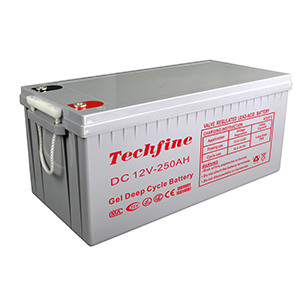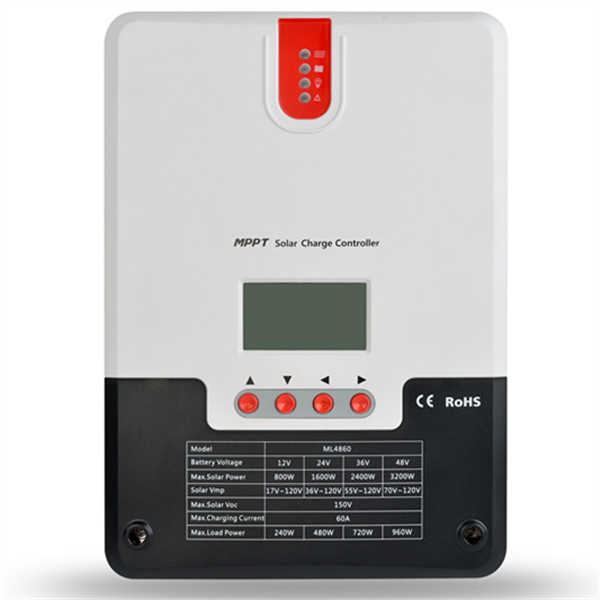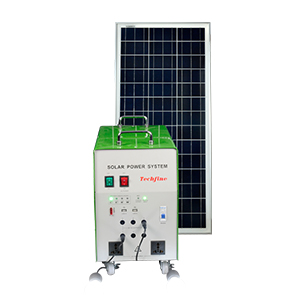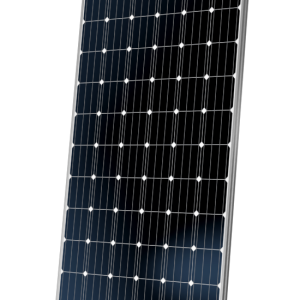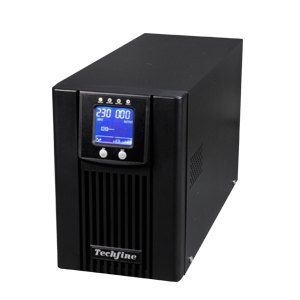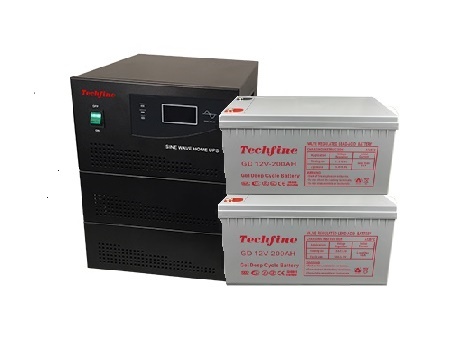Finance is a significant success factor for any business. Many entrepreneurs and start-ups face funding challenges, which are more severe in new and emerging sectors. However, while developed economies are opening more funding windows for businesses in the green economy, such as renewable energy and organic farming, similar ventures in developing nations like Nigeria are struggling to access funds.
Nonetheless, the problem with accessing finance for solar businesses in Nigeria is less about availability and more about knowing where to look, what to do and how to move.
So, if you are starting or running a business in the renewable energy sector like solar energy, here are the three sources of financing you can explore:
- Grants
A grant is an amount of money given by a public or private organization to an individual or a company to support an initiative or innovative idea or to stimulate economic growth in a particular direction. It is also used to support research programs. There are various kinds of grants for different purposes and from various individuals, companies, foundations and governments. Renewable energy associations and several international finance corporations have grant opportunities for solar energy companies. To access grants, you need to have an established business model, research the grants available and apply for them, ensuring that you meet the requirements. Since they are gifts and do not need to be paid back, they are usually small but enough to boost your business and help prove to the market and private equity investors that the business idea or concept is profitable. For the business to move to the next level of growth, it has to be able to attract equity financing.
- Equity financing
Equity financing refers to an individual, group or company providing funds for your business in exchange for an ownership share of the business. In this case, the investor shares in your profits. To access equity financing, you need to become the first investor by contributing from personal resources (savings, retirement benefits or insurance policies). Other investors could be family and friends, venture capital investors or angel investors. These investors are willing to invest huge sums of money in young businesses with high-profit potential, which is a major challenge in Nigeria.
Equity funding is available in Nigeria, but there is a dearth of bankable projects in the country. There are great ideas, but their economic and technical feasibility and scaling potential are usually handicapped.
Recent statistics show that 90% of equity funding in Africa goes to Africans in the diaspora. Stakeholders must therefore put more effort into capacity building for local entrepreneurs to develop bankable projects and create a conducive and business-friendly environment for businesses to thrive.
- Debt Financing
Debt financing involves borrowing money (taking a loan) from creditors under agreed conditions and repaying the borrowed funds with interest at a specified time. It doesn’t take a share of the ownership of your business. The lenders could be banks (commercial and micro-finance), finance companies or government programs.
Debt financing may be short-term or long-term in their repayment schedules. Unfortunately, in Nigeria, banks prefer to give short-term loans, whereas the energy business needs a more extended funding period of 5 to 10 years. Energy ventures require “patient funding” to allow the company to grow to a stage where it can guarantee enough returns on investment. It is therefore advisable to seek funding through impact or social financing because it is a bit more flexible for the trial of models, business development and product development.
READ: Strategies to attract funding for Solar Energy business

